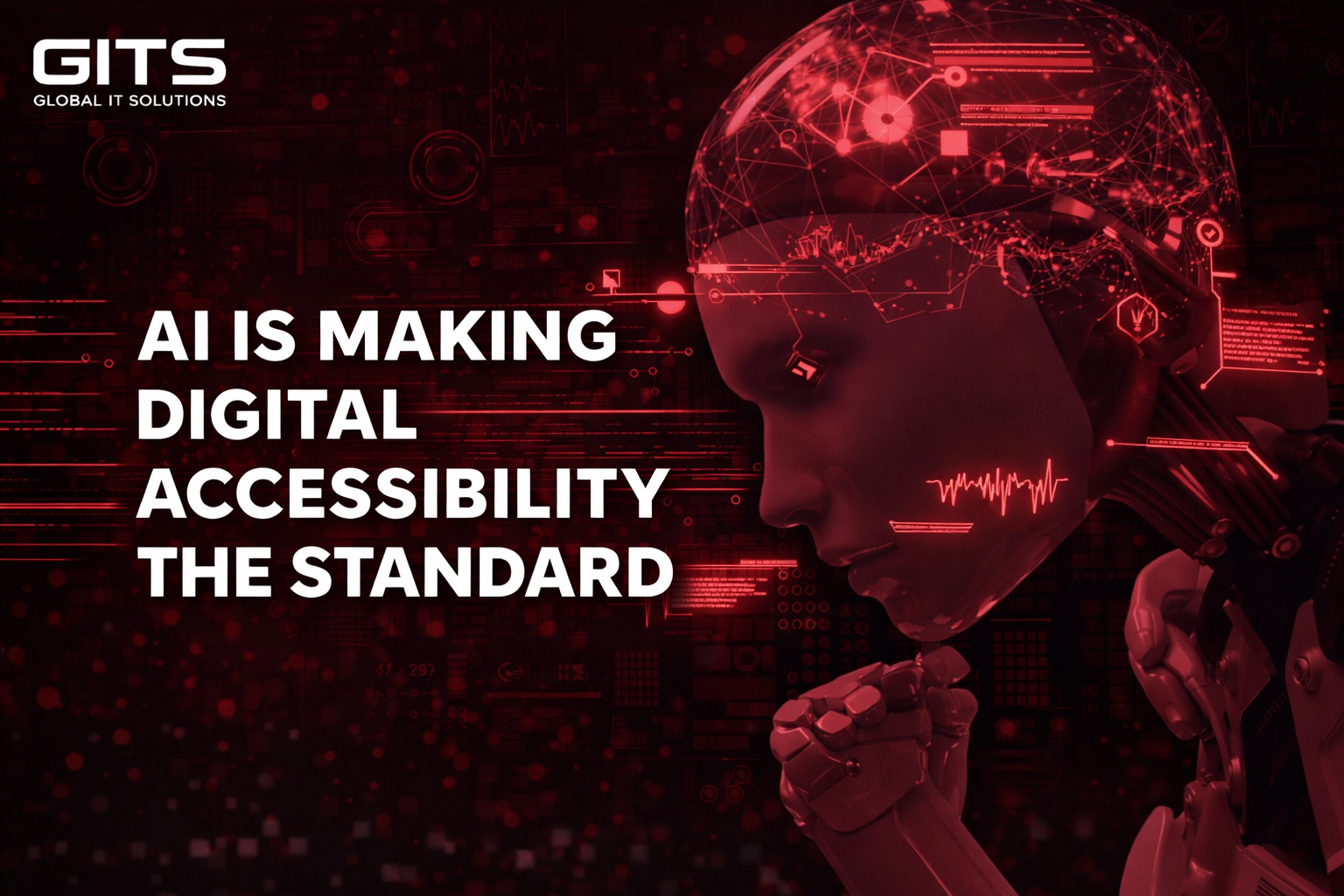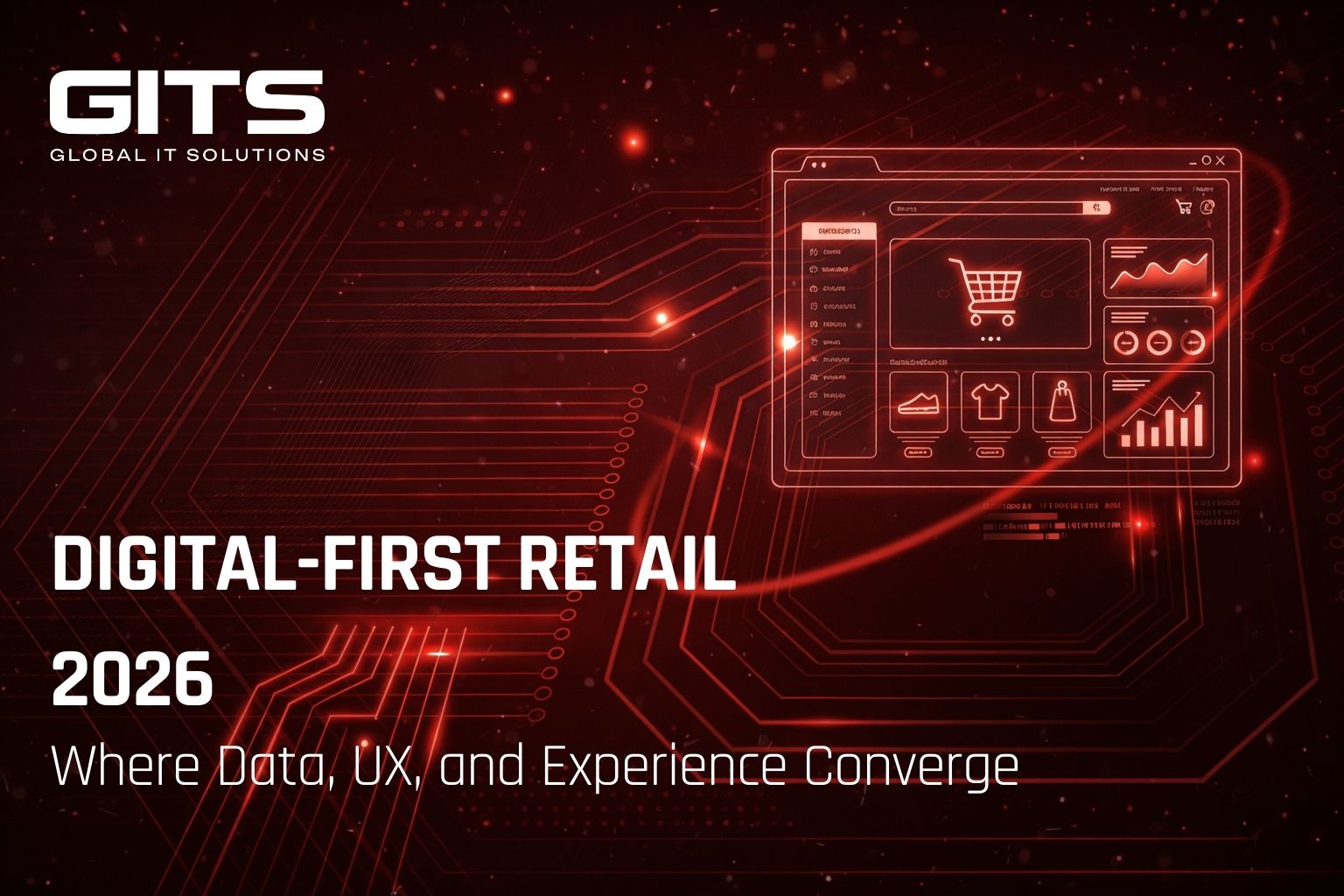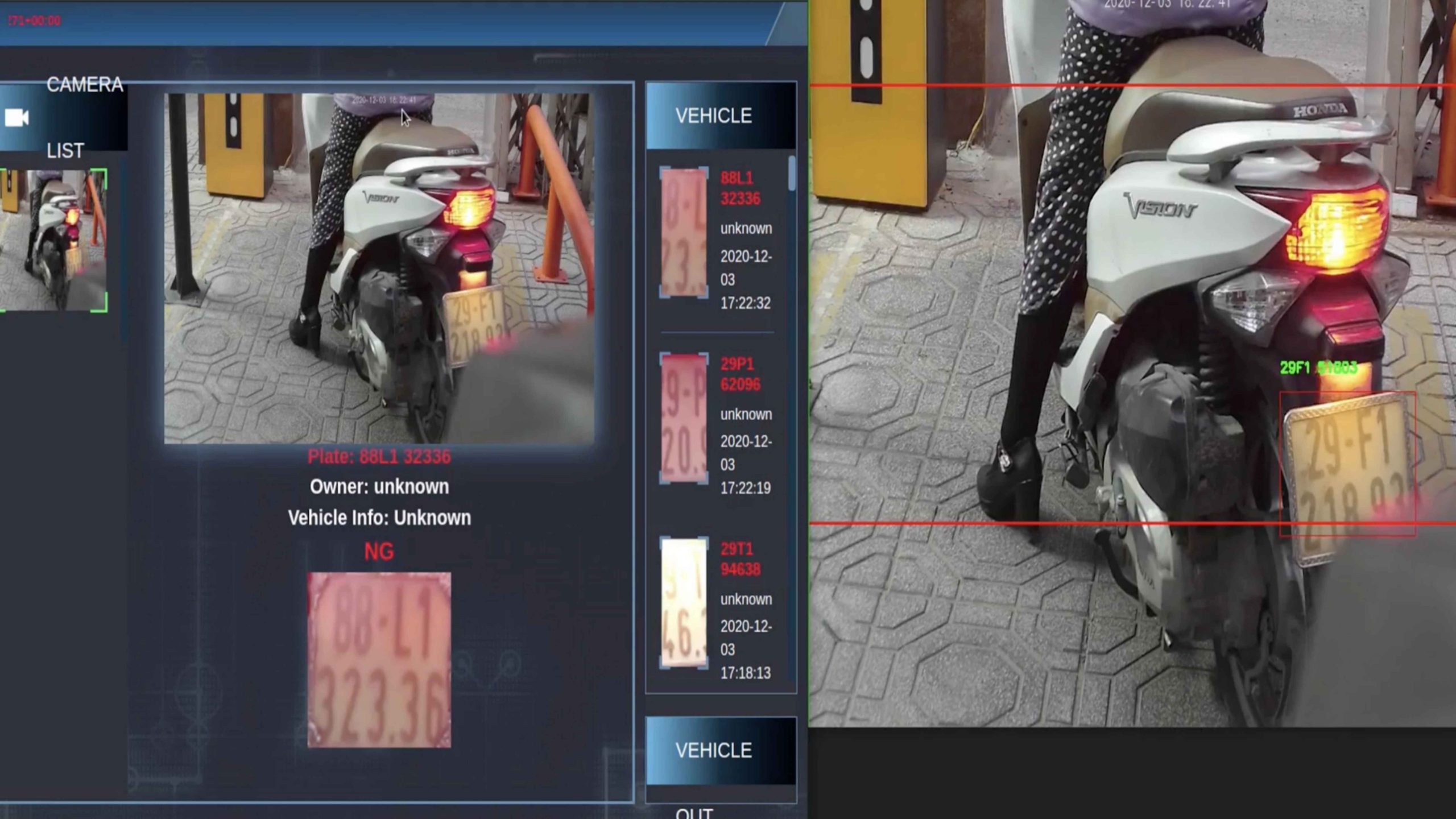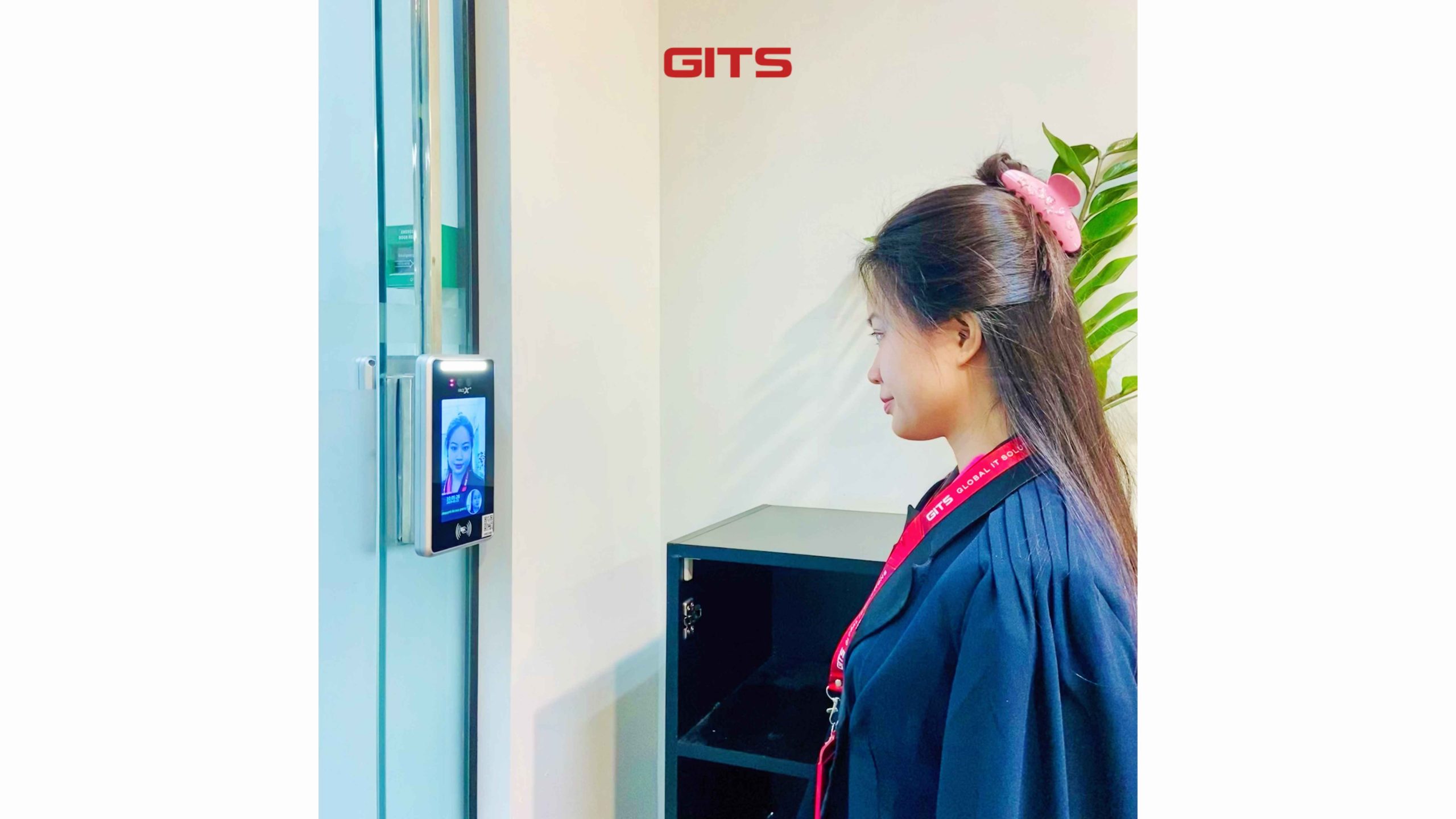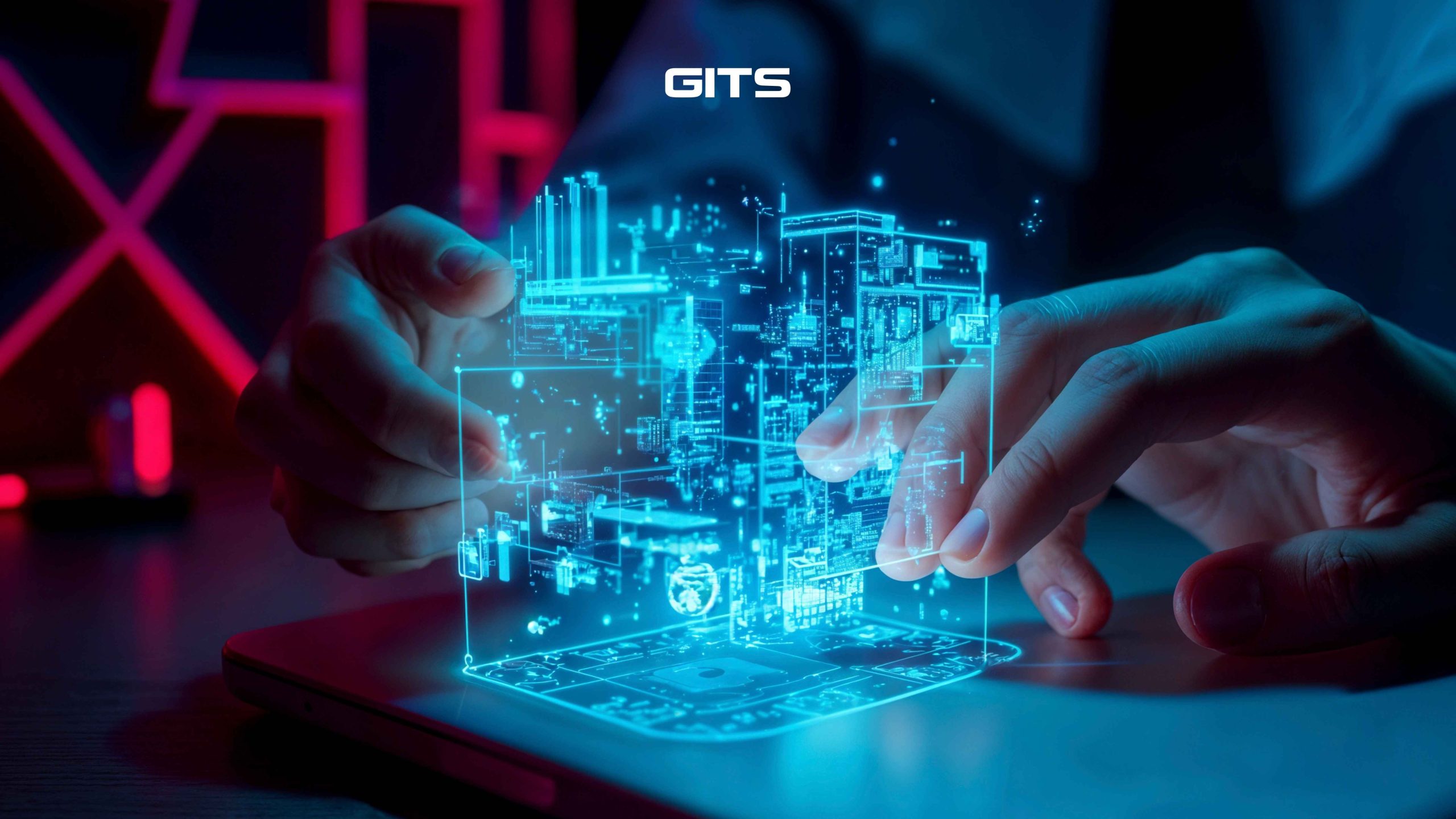As we move toward 2030, software outsourcing is no longer just about cutting costs or accessing talent abroad — it’s about reshaping how companies build, scale, and future-proof their digital operations. The landscape is shifting fast. Global events, advances in artificial intelligence, and changing developer expectations are redefining what outsourcing truly means.
So, what will software outsourcing look like in 2030?
From vendors to strategic partners
Today’s software outsourcing is transactional — a company needs a product and hires an external team to build it. But in 2030, we expect this model to evolve into long-term partnerships focused on co-creation. Outsourcing vendors will act more like product partners, aligning with a client’s vision from day one and contributing to strategy, UX, and market fit — not just code.
These partnerships will become embedded, with external teams integrated into product planning, user feedback cycles, and even go-to-market discussions. It’s no longer “you build it for us” but “we build it together.”
Hyper-specialized teams powered by AI
The future of outsourcing isn’t just global — it’s intelligent. With generative AI and smarter developer tools becoming the norm, the expectation is no longer about just finding affordable developers. Instead, companies will look for outsourcing firms that can deliver AI-augmented expertise — teams that use automation, code suggestion tools, and predictive testing platforms to deliver faster and more reliably.
Moreover, teams will be hyper-specialized. You won’t just look for “Java developers” — you’ll seek partners who’ve built scalable fintech solutions or AI-powered supply chain systems. Domain knowledge will become the key differentiator.
Decentralized talent pools and remote-first culture
By 2030, outsourcing won’t be about hiring developers in one country. It will be about tapping into globally distributed, decentralized teams — spanning time zones but united by strong processes, collaboration tools, and remote-first values.
Asynchronous communication, 24/7 development cycles, and localized support across multiple regions will be the norm. The businesses that succeed will be those that can manage these distributed teams effectively — with clarity, trust, and a strong engineering culture.
Outsourcing for innovation, not just execution
Another shift we’ll see is in the intent behind outsourcing. Instead of outsourcing just for delivery, companies will look outward to accelerate innovation. Whether it’s adopting blockchain, exploring edge computing, or experimenting with AI/ML models, businesses will rely on outsourcing partners to bring cutting-edge thinking and prototypes to life — faster than internal teams can.
This means outsourcing firms will need to invest in R&D, thought leadership, and future-facing capabilities — not just delivery pipelines.
Ethical outsourcing and responsible tech
Finally, 2030 will bring increased pressure around ethical tech practices. Outsourcing partners will be evaluated not just on delivery speed or cost, but also on how they handle data privacy, sustainability, and AI ethics. Clients will look for partners who comply with local regulations, support diverse teams, and build with purpose.
Transparency, ethical sourcing of data, and responsible use of AI will become part of the standard outsourcing checklist.
Conclusion
The future of software outsourcing is not about handing off work — it’s about building ecosystems of innovation, trust, and shared goals. As we approach 2030, successful companies will be those who evolve their outsourcing strategies to focus on partnership, intelligence, specialization, and ethics.
At GITS, we’re already seeing these shifts take root — and we’re building the infrastructure to help you not just keep up, but lead. If you’re thinking about how to future-proof your development strategy, let’s talk.







